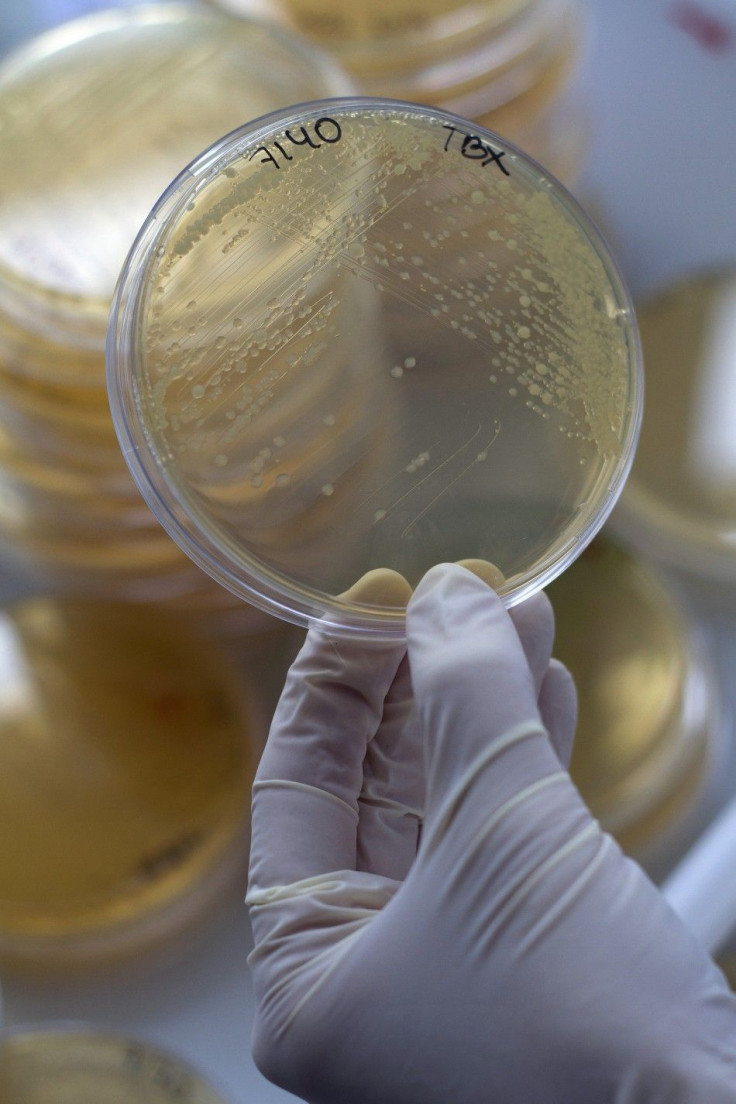E.coli to be sold commercially as a biofuel soon

E.coli, the deadly bacteria behind food poisoning, and responsible for deaths of many could be a commercially available biofuel in five years, a U.S scientist told government leaders.
Several companies are working on the technology, which has been proven in laboratories but is not yet yielding enough fuel to be commercially viable, scientist Jay Keasling told the Aspen Ideas Festival on Tuesday, a Reuters report stated.
Keasling, the chief executive officer of the U.S. Department of Energy's Joint BioEnergy Institute, has initiated research in biofuels, which are based on substances ranging from yeast to E.coli and expects E.coli fuel production to improve.
Making their way to market is an already existing similar technology that is using E.coli bacteria to make plastics and even carpets.
Although there is nothing dangerous in E.coli being a part of the plastic production process, companies still usually do not mention the content of it to consumers.
E.coli can be dangerous, even fatal for human beings, once it enters the body. In an outbreak in Germany, the bacteria recently killed more than 30 people and affected many.
While biofuels eventually have enormous potential for reducing fossil-fuel consumption, it's going to be a long time before biofuels are a serious challenge to petroleum, Keasling said. He also added that reaching critical mass was likely to take at least two decades.
© Copyright IBTimes 2024. All rights reserved.





















